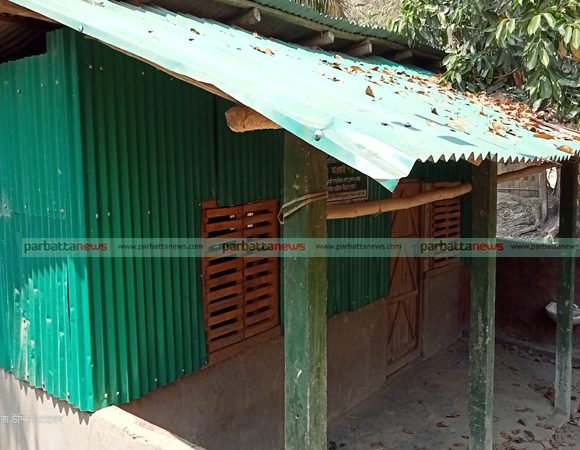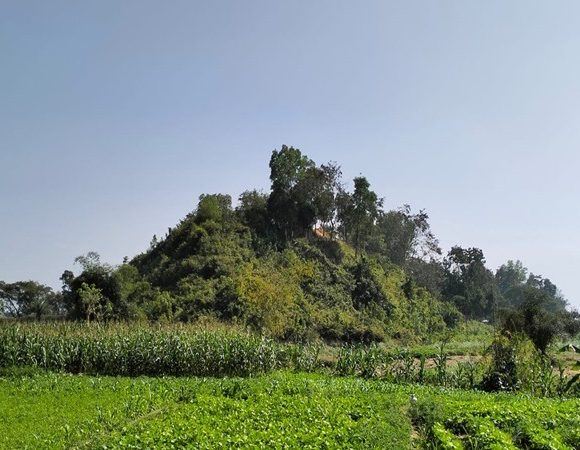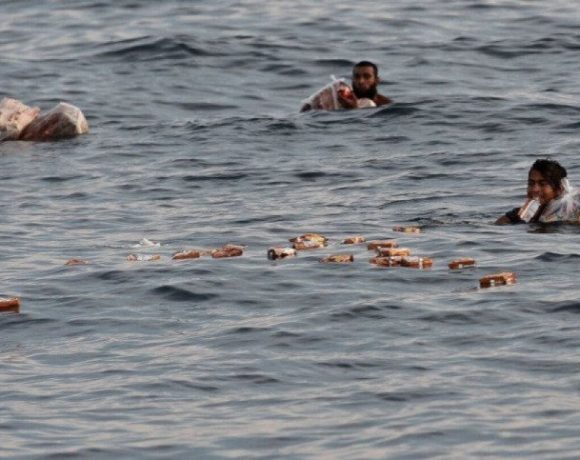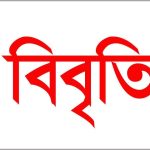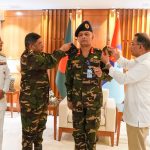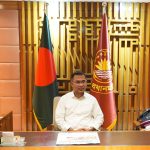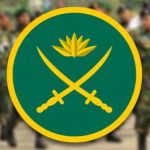Hasina ordered lethal crackdown, leaked audio verified by BBC shows

A deadly crackdown on student-led protests in Bangladesh last year was authorised by then Prime Minister Sheikh Hasina, according to audio of one of her phone calls verified by BBC Eye, the investigative unit of the BBC World Service, BBC reports.
In the audio, which was leaked online in March, Hasina says she authorised her security forces to “use lethal weapons” against protesters and that “wherever they find [them], they will shoot.”
Prosecutors in Bangladesh plan to use the recording as crucial evidence against Hasina, who is being tried in absentia at a special tribunal for crimes against humanity. According to UN investigators, up to 1,400 people died in last summer’s unrest. Hasina, who fled to India, and her party reject all charges against her.
A spokesperson for her Awami League party denied the tape showed any “unlawful intention” or “disproportionate response.”
The leaked audio of Hasina’s conversation with an unidentified senior government official is the most significant evidence yet that she gave direct authorisation to shoot anti-government protesters—tens of thousands of whom had taken to the streets by last summer.
The protests began over civil service job quotas for descendants of those who fought in the 1971 war of independence and escalated into a mass movement that ultimately ousted Hasina, who had held power for 15 years. The unrest was the worst violence Bangladesh had seen since 1971.
Some of the bloodiest scenes occurred on 5 August—the day Hasina fled by helicopter, shortly before crowds stormed her residence in Dhaka.
The BBC World Service investigation established previously unreported details about a police massacre of protesters in the capital—including a far higher death toll than initially believed.
According to a source with knowledge of the leaked audio, Hasina was at her official residence, Ganabhaban, during the 18 July call. It came at a critical moment in the protests, as public anger was rising over viral footage of police shooting demonstrators. In the days following the call, military-grade rifles were deployed across Dhaka, according to police documents reviewed by BBC journalists.
The recording is one of several intercepted phone calls involving Sheikh Hasina made by the National Telecommunications Monitoring Centre (NTMC), a government body tasked with surveillance. It remains unclear who leaked the 18 July call, which surfaced online in March. Several other alleged recordings of Hasina have appeared online since the protests, many unverified.
The Criminal Investigation Department of the Bangladesh Police matched the leaked recording with known samples of Hasina’s voice. The BBC conducted its own independent forensic verification, sharing the audio with experts at Earshot, who found no signs of editing or synthetic manipulation.
Earshot’s analysis determined the recording was likely made in a room while the call was played back on speaker. They identified distinctive telephonic frequencies, background sounds, and Electric Network Frequency (ENF)—a marker of authenticity caused by interference between recording devices and electrical systems. They also examined Hasina’s speech patterns, including rhythm, breath, and intonation, and found no evidence of synthetic alterations.
“The recordings are critical for establishing her role, they are clear and have been properly authenticated, and are supported by other evidence,” British human rights barrister Toby Cadman told the BBC. He is advising Bangladesh’s International Criminal Tribunal (ICT), which is hearing the case.
A spokesperson for the Awami League responded: “We cannot confirm whether the tape recording referenced by the BBC is authentic.”
In addition to Sheikh Hasina, former government and police officials have been implicated in the protest crackdown. The ICT has indicted 203 people, 73 of whom are in custody.
BBC Eye analysed and verified hundreds of videos, images, and documents detailing police attacks across 36 days of unrest. One of the most violent incidents took place on 5 August in Jatrabari, a densely populated neighbourhood of Dhaka, where at least 52 people were killed by police—making it one of the worst single-day instances of police violence in Bangladesh’s history. Earlier reports had put the death toll at 30.
The BBC investigation reconstructed how the massacre unfolded using eyewitness videos, CCTV, and drone imagery. Evidence indicates police opened fire indiscriminately on protesters as soon as army personnel—who had been maintaining a buffer—withdrew from the area.
For more than 30 minutes, police continued shooting at protesters fleeing through alleyways and along highways, before seeking shelter at a nearby army camp. Protesters later retaliated by burning down the Jatrabari police station. At least six police officers were killed in the violence.
A Bangladesh Police spokesperson told the BBC that 60 officers have been arrested for their roles in the July–August events.
“There were regrettable incidents in which certain members of the then police force engaged in excessive use of force,” the spokesperson said, adding that thorough and impartial investigations have been launched.
Sheikh Hasina’s trial began last month. She faces charges of committing crimes against humanity, including ordering mass killings, inciting violence, and failing to prevent atrocities.
India has not responded to a formal request from Bangladesh for Hasina’s extradition. According to Mr Cadman, it is unlikely that she will return for the trial.
The Awami League maintains that its senior leaders, including Hasina, were not responsible for the violence.
“The Awami League categorically denies and rejects claims that some of its senior leaders, including the prime minister herself, were personally responsible for or directed the use of lethal force against crowds,” a party spokesperson told the BBC.
“The decisions made by senior government officials were proportionate in nature, made in good faith, and intended to minimise the loss of life.”
The party also rejected findings by United Nations investigators, who said there are reasonable grounds to believe the actions of Hasina and her government could amount to crimes against humanity.
The BBC approached the Bangladesh Army for comment but received no response.
Since Hasina’s ouster, Bangladesh has been ruled by an interim government led by Nobel Peace Prize laureate Muhammad Yunus. His administration is preparing for national elections, although it remains unclear whether the Awami League will be allowed to participate.

